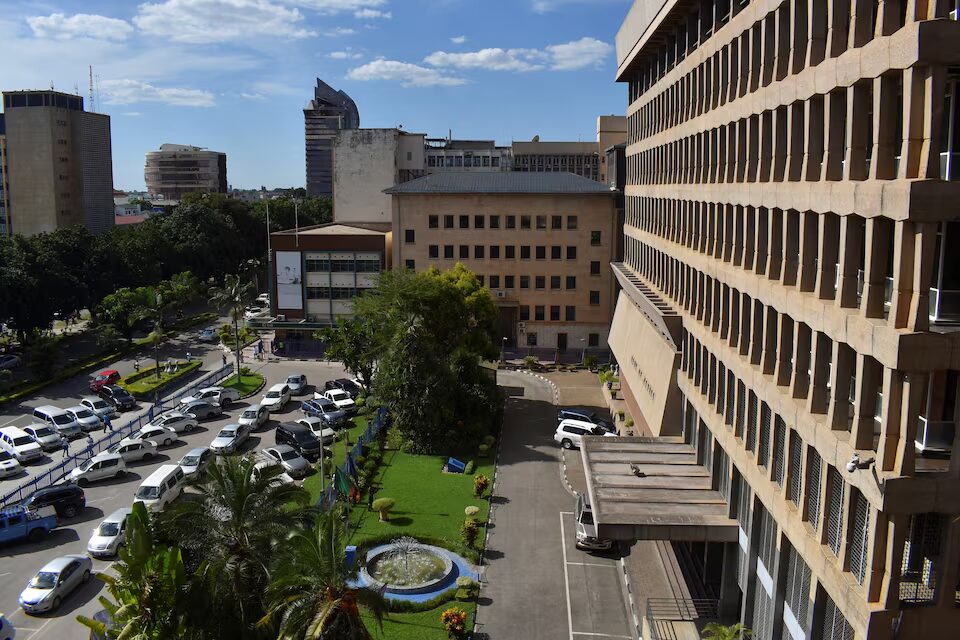
Monday 24th November 2025

by inAfrika Newsroom
Nigerian industrialist Aliko Dangote has signed a US$1 billion agreement that will see a Dangote Zimbabwe pipeline stretch roughly 2,000 km from Walvis Bay in Namibia through Botswana to Bulawayo. Zimbabwean officials say the project, which also includes a fertiliser plant, could transform fuel and input supply across Southern Africa.
The pipeline will connect to a new 1.6-million-barrel petroleum storage hub under construction in Walvis Bay, creating a regional distribution corridor for Zimbabwe, Zambia, Botswana and Namibia. Supporters argue that the Dangote Zimbabwe pipeline will reduce reliance on imported refined fuel shipped via more expensive and slower routes from Europe and Asia.
President Emmerson Mnangagwa called the deal one of Zimbabwe’s most significant private-sector investments in years. Officials say the fertiliser plant will help farmers access inputs more reliably, while the pipeline could stabilise fuel supplies that often suffer from foreign-exchange shortages and transport bottlenecks. Regional governments are now working on regulatory, land and environmental approvals.
Energy analysts say the Dangote Zimbabwe pipeline could reshape fuel flows in Southern Africa if it delivers on schedule and budget. It may also support cross-border projects such as logistics hubs, truck stops and industrial parks along the route.
However, environmental groups and some community leaders want more detail on land acquisition, spill safeguards and consultation. They warn that poorly managed pipeline projects can damage ecosystems and livelihoods, even when they promise cheaper fuel.
Why it matters for Africa
The Dangote Zimbabwe pipeline matters for Africa because it reflects a growing trend of African capital financing regional infrastructure, not just foreign oil majors or lenders. A functioning corridor from Walvis Bay to Bulawayo can lower transport costs, boost energy security and support agriculture and manufacturing in at least four countries. It also shows how landlocked economies can leverage coastal neighbours for shared benefit. Yet the project will test governments’ ability to enforce environmental and social standards while keeping investors at the table. Its success or failure will influence confidence in similar cross-border pipelines and logistics corridors across the continent.


